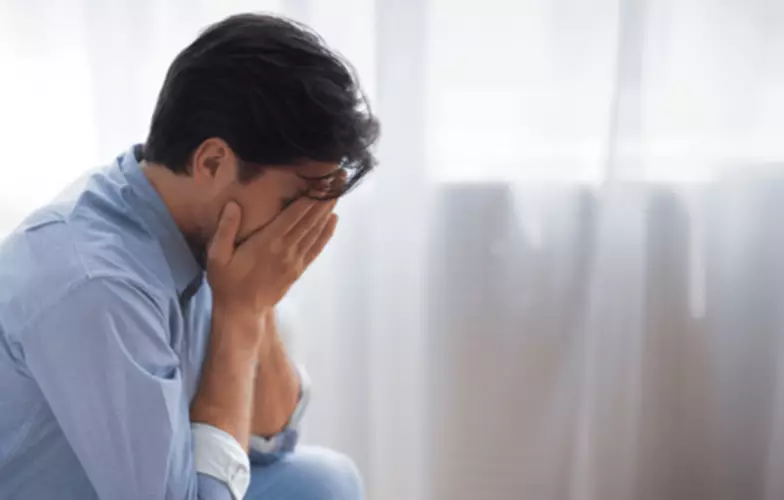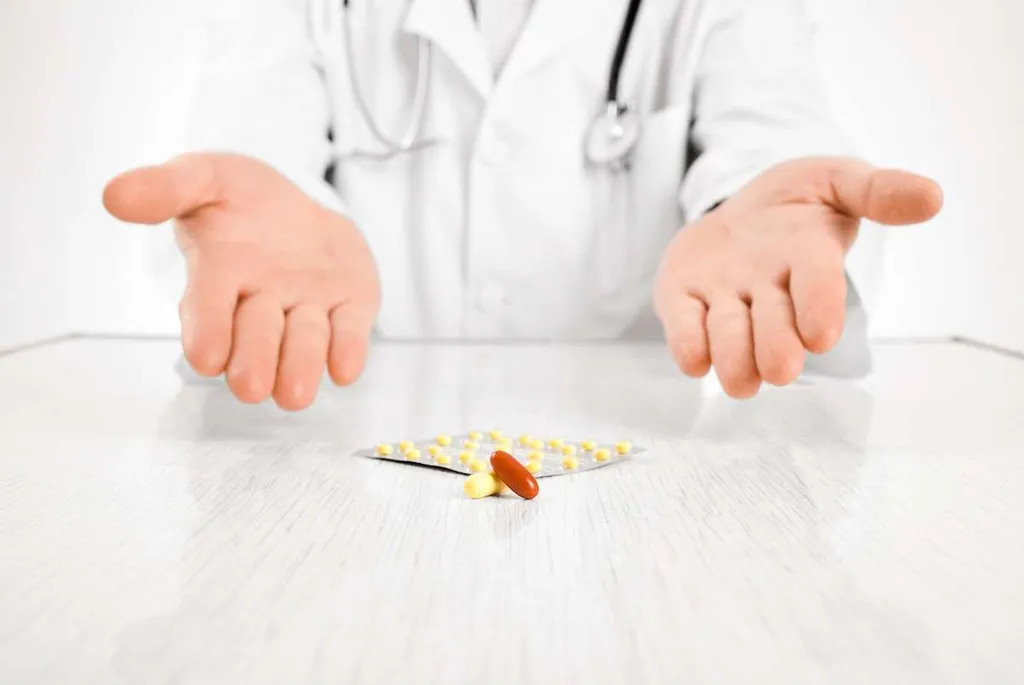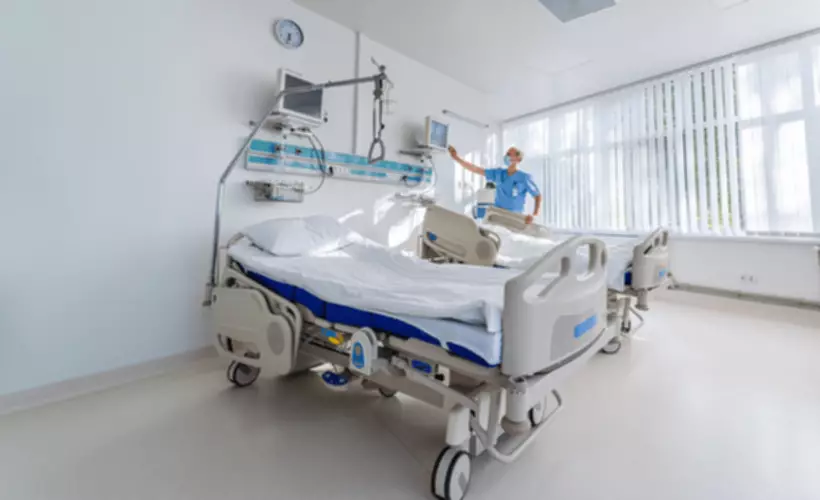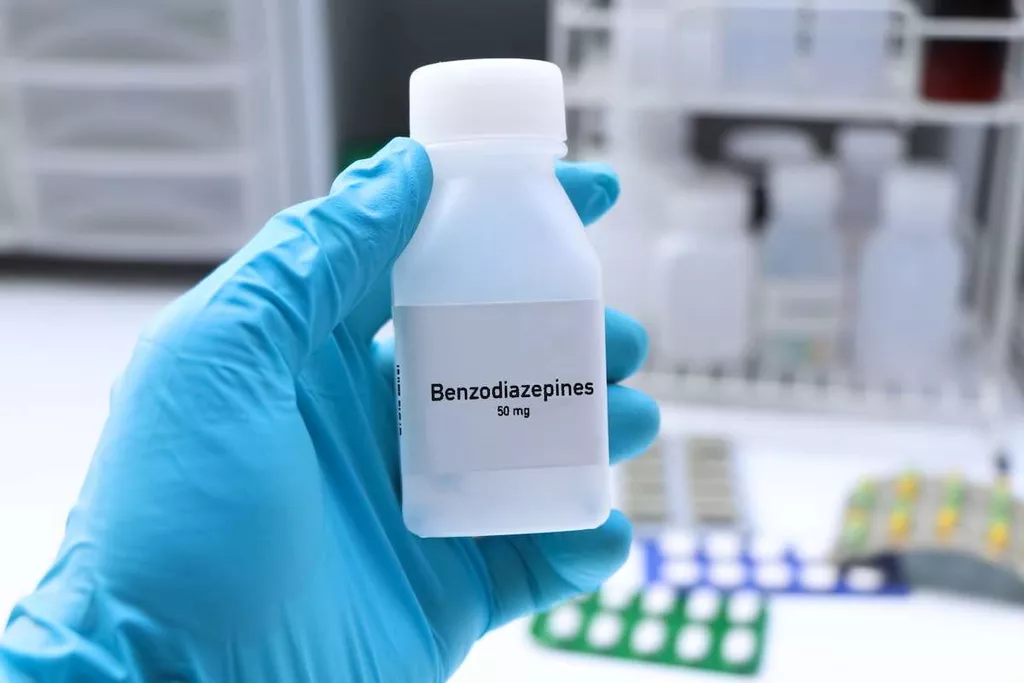
However, it’s equally important to recognize when your drinking habits might be causing more serious issues and to seek help when needed. One of the physical symptoms that occurs in the process of detoxification after an individual quits drinking is sweating. Initially, as the body gets used to the lack of alcohol, the activity in the autonomic nervous system increases, thereby enhancing sweat production. These effects of alcohol withdrawal usually appear within the first six hours following https://ecosoberhouse.com/ the last drink of alcohol and persist throughout several days. They are a result of the severe effects of alcohol on the stomach tract and withdrawals.

What Is a Comprehensive Outpatient Rehabilitation Facility

Many factors cause night sweats, such as hormonal changes related to menopause, low blood sugar, or even a fever. Certain medications, including antidepressants and steroids, also play a role. Sometimes, your bedroom itself might be too warm or humid, intensifying sweatiness while you sleep.
- Excessive perspiration at night or night sweats are commonly accompanied by hot flashes.
- If you consume enough alcohol to develop a physical dependence, you might find that you sweat more once the alcohol leaves your system.
- Take the first step towards a brighter, alcohol-free future with Zinnia Health today.
- You probably don’t think of being sweaty as a good thing, but it serves an important function.
- A spike in insulin levels causes hypoglycemia or low blood sugar and this is usually accompanied by sweating.
- Such home remedies may include staying hydrated and keeping the bedroom at a comfortable temperature.
Alcohol and Profuse Sweating
Additionally, people who suffer from alcohol intolerance or are undergoing alcohol withdrawal can experience an even greater increase in perspiration when consuming alcoholic beverages. People who regularly experience night sweats after drinking alcohol may have an issue with alcohol and should seek help. Therefore, if you are frequently experiencing night sweats after drinking alcohol, it is advisable to seek medical assistance promptly. Drinking too much alcohol can suppress the function of the hypothalamus, the part of the brain that helps regulate body temperature. Moreover, alcohol can affect the heart rate and blood vessels in the skin, leading to vasodilation, which triggers the release of sweat. This can result in night sweats, especially common after drinking alcohol in the evening, and can put why does alcohol make you hot individuals at risk of hypothermia in cold weather 2.
- However, experts agree that if you want to avoid alcohol-induced body odor, the best method is to steer clear of the booze and have fun without drinking.
- Limiting caffeine intake in the evening may improve both sleep quality and reduce the incidence of sweating at night.
- In this post, we’ll explore the causes of night sweats related to alcohol use and discuss how cutting back on or quitting alcohol can help.
- While sweating is totally normal, sometimes we wish we could turn down the volume a bit.
What are some ways to manage alcohol-induced sweating?
Consuming alcohol can lead to an increase in body odor in the short-term. This is due to the fact that alcohol is a diuretic and can lead to dehydration, which can increase sweating. Consuming alcohol can lead to a variety of physiological responses, including increased sweating. Sweating is a normal bodily response to a variety of stimuli, including alcohol consumption. Drinking alcohol can lead to increased body temperature and increased perspiration, but this is not the same as sweating.

- Drinking also often leads to feelings of irritability, agitation and anxiety.
- This will help slow down the absorption of alcohol into your system, giving your body more time to process it.
- Alcohol rehabilitation involves a structured process that includes various treatment methods and approaches aimed at addressing physical dependency, psychological factors, and long-term recovery strategies.
- Drinking alcohol can lead to increased body temperature and increased perspiration, but this is not the same as sweating.
Facial flushing and excessive sweating are common symptoms of alcohol intolerance. Allergy tests can help determine if alcohol is the cause of these reactions. Night sweats from alcohol consumption may indicate an issue with alcohol and could be a sign of underlying health problems, including potential risks of long-term alcohol use, such as cancer and liver damage. Even just one drink can cause night sweats, and they can be particularly common in individuals with alcohol use disorder or those who binge drink 5.
People who cannot tolerate alcohol must avoid the substance, or otherwise try to find out and avoid what specific substance he is allergic to, such as grapes in wine or yeast in beer. Limiting alcohol intake and taking antihistamines to relieve symptoms are also recommended. You may sweat due to the heat if you may be drinking in an outdoor environment or under the sun, of course!
- When you’re dehydrated, your sweat glands produce more sweat to try to cool you down.
- Alcohol can also reduce the body’s ability to regulate temperature, which can lead to increased sweating.
- If you feel overwhelmed or anxious and think that you might need help, please contact me at your earliest convenience.
- It’s a phenomenon that affects people across various demographics, serving as a stark reminder of the complex relationship between alcohol consumption and our body’s physiological processes.
- During the first stage of alcohol detox, the body adjusts to being without alcohol after consistent use.
Eating a warm, hearty meal can be pleasant but can also lead to an increase in body temperature. This effect can be most pronounced with meals that are both rich in calories and warm. When evening falls and the day winds down, many people look forward to a restful night’s sleep. However, for some, that peace is interrupted by midnight sweat sessions.
Alcohol Intolerance or Allergy and Night Sweats

There are numerous reasons why you may experience night sweats, such as going through menopause, having low blood sugar, or even suffering with a fever. In addition, certain alcoholism symptoms medications, including antidepressants and steroids, can also cause night sweats. If you’re waking up in the middle of the night covered in sweat, you’ve experienced night sweats.